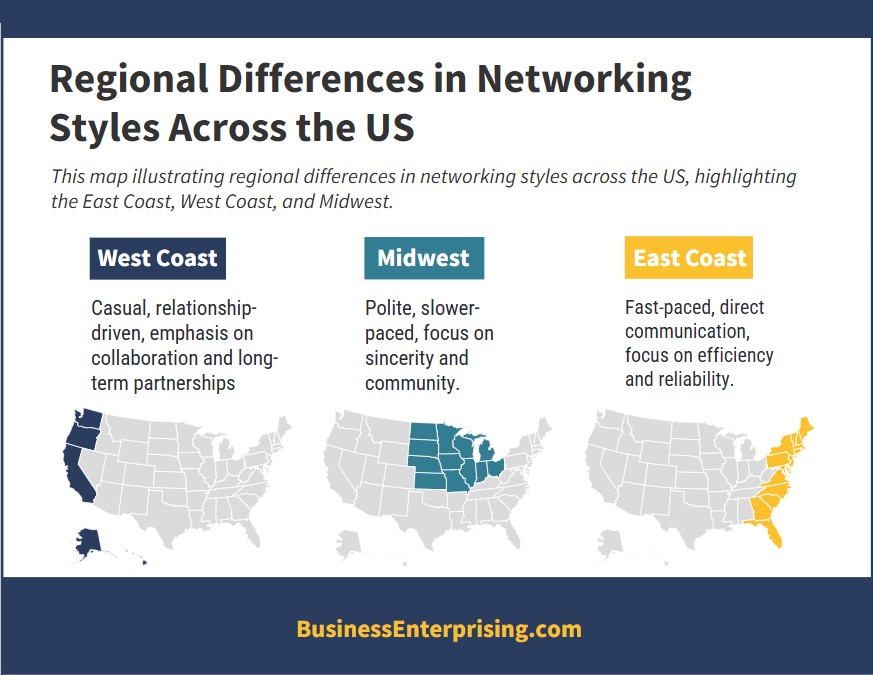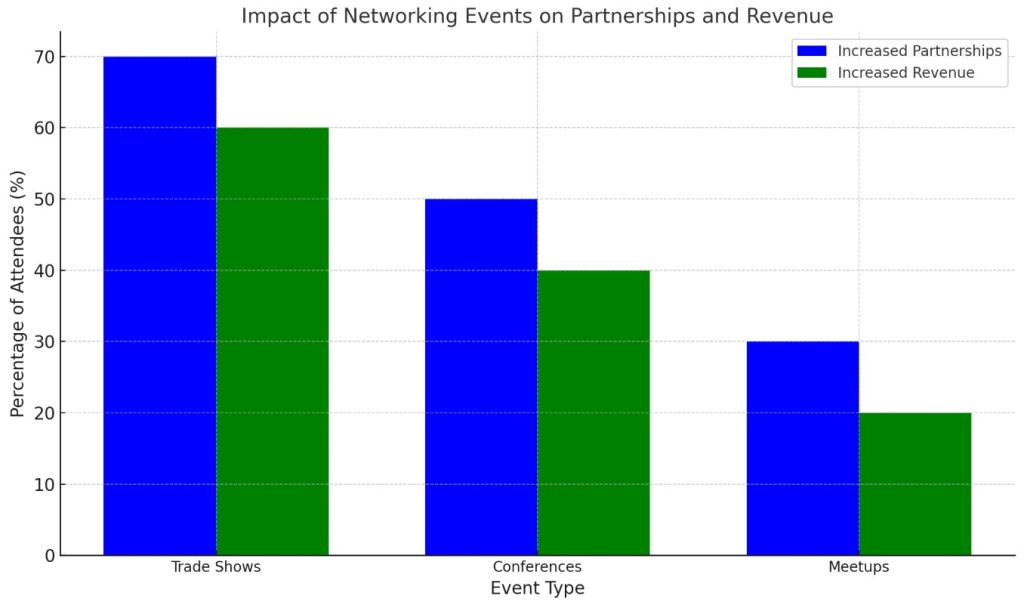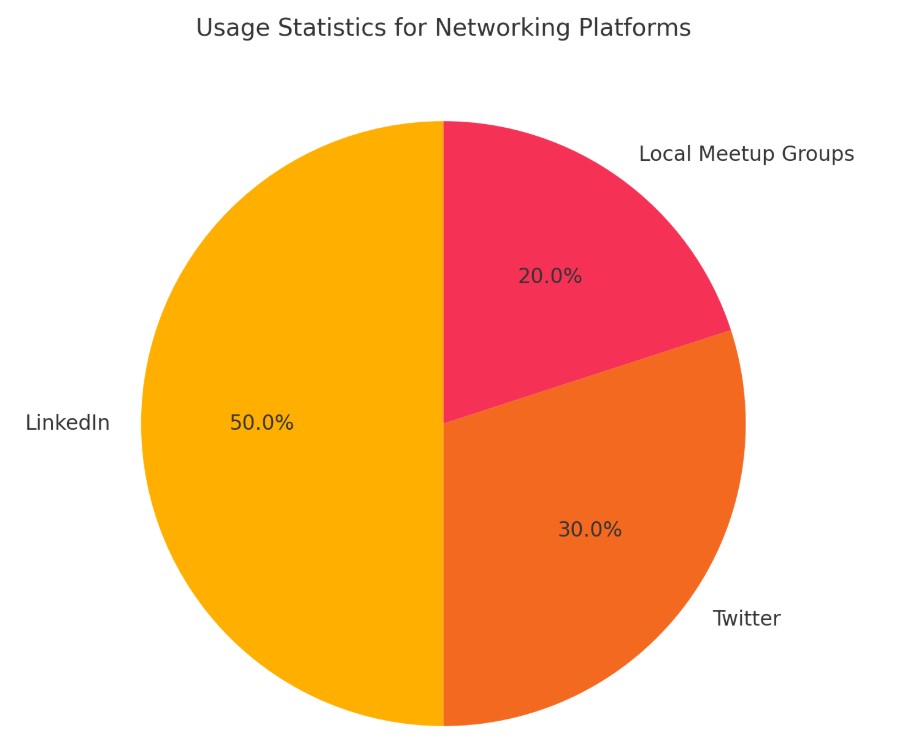 Networking in the US is important for foreign companies interested in expanding their business into the U.S. market. Therefore, building meaningful connections requires strategy and consistent effort. By understanding cultural expectations, you can better navigate professional interactions and create lasting relationships. Furthermore, networking opportunities, such as trade shows and business meetups, provide an excellent platform to connect with key decision-makers and industry leaders.
Networking in the US is important for foreign companies interested in expanding their business into the U.S. market. Therefore, building meaningful connections requires strategy and consistent effort. By understanding cultural expectations, you can better navigate professional interactions and create lasting relationships. Furthermore, networking opportunities, such as trade shows and business meetups, provide an excellent platform to connect with key decision-makers and industry leaders.
American business culture values clear communication, reliability, and follow-through. Consequently, approaching each interaction with preparation and respect helps establish your credibility. In addition, social media and professional associations play a significant role in expanding your network. These tools allow you to connect with professionals across various industries and regions, thus broadening your reach.
Adapting to regional differences and engaging with local communities further strengthens your presence. Moreover, networking in the US is not just about making contacts; it is about fostering partnerships that drive growth. By investing time and effort consistently, you can build a solid foundation for long-term success in this competitive market.
Understanding American Business Culture
Understanding American business culture is essential for building meaningful connections and fostering successful relationships. For example, communication in the US tends to be direct and clear. People value concise, respectful exchanges that get to the point while maintaining a professional tone. Additionally, active listening and responding promptly show that you respect your colleagues’ time and contributions.
Decision-making in American businesses often emphasizes efficiency and results. Although collaboration is valued, many organizations rely on leaders to make quick, informed choices. Therefore, understanding this approach can help you align your expectations during negotiations or meetings. It’s also important to contribute data-driven insights and practical solutions to discussions.
Building trust plays a significant role in professional relationships. Americans, for instance, value reliability and follow-through. Showing consistency and meeting deadlines demonstrates your commitment to the partnership. Furthermore, personal rapport matters, and small gestures like remembering names or key details can strengthen connections over time.
Additionally, explore trade shows, industry conferences, and local business meetups as valuable platforms for connecting with potential partners and clients. These events provide opportunities to engage directly with decision-makers and showcase your expertise. By adapting to the communication styles and cultural norms in the US, you set the foundation for strong, long-term business relationships.
Key Networking Opportunities for Foreign Companies
Trade shows, industry conferences, and local meetups provide valuable opportunities for networking in the US. As a result, these events allow you to showcase your business while connecting with potential partners and clients. For example, trade shows are particularly effective because they gather industry professionals in one place, offering you direct access to key decision-makers. By participating, you can present your products or services to a targeted audience and build brand awareness.
Moreover, industry conferences offer a platform for learning and relationship-building. These events often feature panels, workshops, and networking sessions that help you meet experts and gain industry insights. Attending conferences also demonstrates your commitment to growth and keeps you informed about market trends. Additionally, sharing your knowledge during discussions can further establish your credibility.
Local business meetups create a more personal way to connect with others in your community. Consequently, these events help you build relationships with local businesses and organizations. Regular participation, in turn, shows that you value collaboration and can lead to long-term partnerships. Engaging with your local business community also creates opportunities to share referrals and exchange resources.
By exploring these opportunities, you can create meaningful connections and grow your presence. However, networking in the US requires consistent effort and active participation. Nevertheless, these events offer a solid foundation for success.
Leveraging Professional Associations and Chambers of Commerce
Joining professional associations and chambers of commerce significantly enhances your efforts in networking in the US. For instance, these organizations provide access to valuable resources, including industry contacts, events, and insider knowledge. Additionally, membership in a local chamber or trade group demonstrates your commitment to engaging with the community and fosters trust among potential partners.
Local chambers of commerce connect you with other businesses in the area, creating opportunities for collaboration and referrals. Moreover, regularly attending their events allows you to build personal relationships while staying updated on local business trends. By participating in workshops and discussions, you can showcase your expertise and gain visibility.
Furthermore, international trade groups offer a broader platform to connect with businesses across industries and borders. These organizations help you navigate regulatory requirements and cultural differences, thus providing a foundation for successful partnerships. Through these networks, you can meet influential leaders and gain insights into expanding your business in the U.S. market.
Additionally, these associations boost your credibility by aligning your business with established organizations. Being a member, therefore, signals professionalism and a willingness to contribute to the community. Networking in the US through these groups creates meaningful connections that support your long-term growth and success.
The Role of Social Media and Digital Networking
Social media platforms like LinkedIn and Twitter are powerful tools for networking in the US. For instance, these platforms allow you to connect with professionals and organizations directly. Moreover, by sharing relevant content, participating in discussions, and engaging with industry leaders, you can establish credibility and grow your presence.
LinkedIn, in particular, is especially effective for professional networking. For example, you can join groups, follow key influencers, and build a strong profile to highlight your expertise. Posting updates about your company’s milestones or sharing industry insights also keeps your audience engaged. Furthermore, regularly connecting with new contacts expands your reach and opens up opportunities for partnerships.
Twitter, on the other hand, provides a more conversational approach to networking. For instance, engaging with industry hashtags, participating in trending discussions, and tagging relevant businesses help increase your visibility. Additionally, sharing timely content and responding to others’ posts fosters interaction and builds relationships over time. Consequently, this platform helps you establish a more personal connection with your audience.
Using these tools strategically allows you to showcase your brand while building meaningful connections. Consistent activity on social media, therefore, strengthens your reputation and broadens your network. Leveraging social platforms effectively is essential for successful networking in the US and expanding your business opportunities.
Building Long-Term Relationships with American Partners
Building long-term relationships with American partners requires consistent communication and genuine effort. Following up after meetings or introductions is essential. A brief email or message thanking them for their time can set the tone for a strong connection. Mentioning specific points from your discussion shows attention to detail and reinforces your interest in working together.
Maintaining regular communication helps keep the relationship active and meaningful. You can share updates about your business, industry news, or opportunities to collaborate. Scheduling occasional check-ins, whether in person or online, shows your commitment to staying engaged. American professionals value reliability and appreciate when you follow through on promises or agreed timelines.
Being professional while fostering a personal connection also strengthens trust. Small gestures, like acknowledging milestones or celebrating achievements, can leave a positive impression. Listening and responding thoughtfully during interactions builds rapport and demonstrates respect for their ideas.
Consistently applying these practices enhances networking in the US and establishes a foundation for enduring partnerships. Long-term relationships thrive on mutual respect, trust, and open communication. By investing in these connections, you create opportunities for sustainable success and growth.
Navigating Regional Differences in the US Market
Navigating regional differences is an important part of networking in the US. Different areas of the country have unique business cultures and preferences. The East Coast is known for its fast-paced environment and direct communication style. Professionals in this region often prioritize efficiency and expect concise, well-prepared interactions. Building trust through reliability and expertise is highly valued.
On the West Coast, networking tends to be more casual and relationship-driven. Professionals often focus on collaboration and long-term partnerships. Conversations may include personal topics alongside business discussions. Taking a friendly approach and showing genuine interest in their goals can help you build connections more effectively.
In the Midwest, the business culture emphasizes sincerity, community, and strong relationships. Professionals appreciate politeness and a slower-paced approach to networking. Taking the time to connect on a personal level and follow up consistently can make a big difference. Midwesterners value face-to-face meetings and often prefer building relationships gradually.
Understanding these regional nuances helps you tailor your approach and improve your chances of success. Networking in the US requires flexibility and cultural awareness, especially in a country as diverse as this. Adapting to each region’s preferences allows you to create more meaningful and effective connections.
Conclusion
Networking in the US offers immense opportunities for building strong business connections and expanding your reach. Therefore, understanding cultural nuances and adapting your approach helps create meaningful relationships. Moreover, consistent communication, thoughtful follow-ups, and personalized interactions are key to fostering long-term partnerships.
Additionally, exploring platforms like trade shows, social media, and professional associations connects you with key industry players. Tailoring your networking efforts to regional preferences further strengthens your ability to build trust and credibility. As a result, each interaction contributes to your overall success.
Approaching networking with preparation and sincerity allows you to make lasting impressions. Consequently, these efforts position your business for growth while helping you navigate the complexities of the US market. Networking in the US is, therefore, a valuable tool for driving success and building a sustainable presence.





